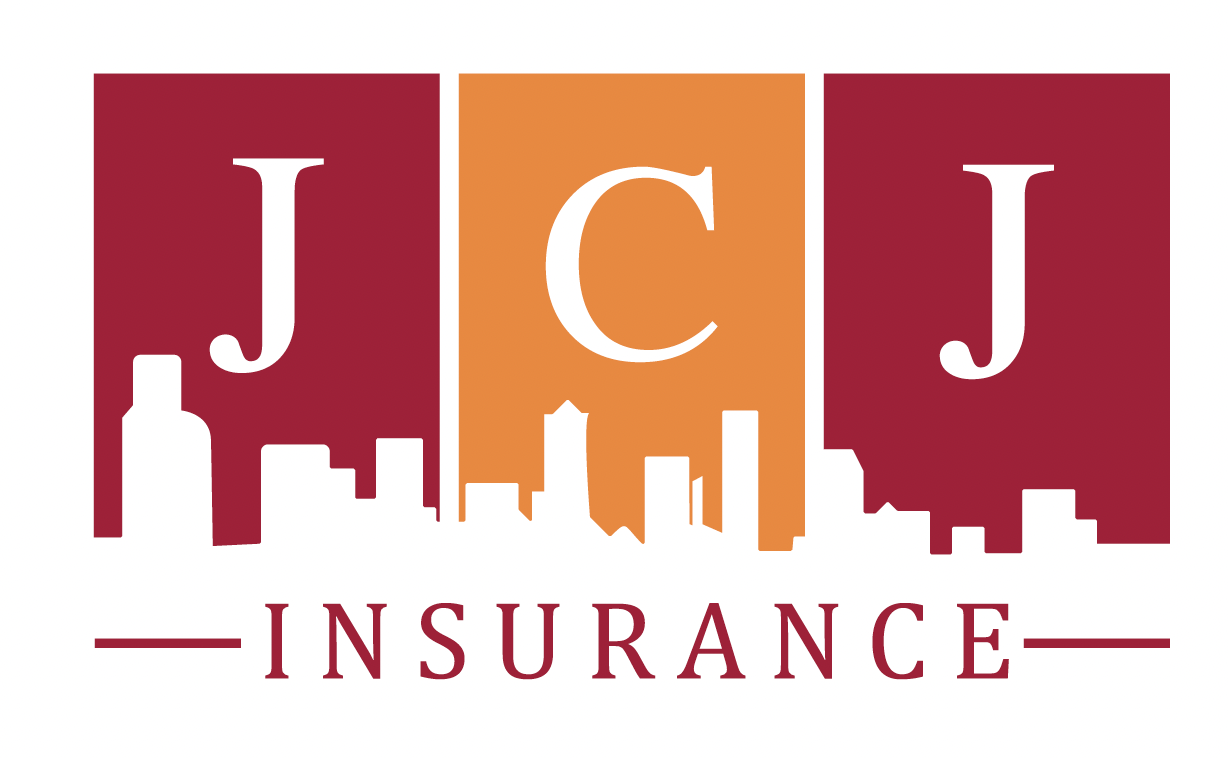By Mark E. Jackson and Erin L. Johnson
Design Professionals are expected to meet a standard of care when providing professional services. This standard of care, similar to that imposed on doctors, lawyers and other professionals, requires them to provide professional services within their area of expertise by exercising the same care, skill and diligence as a person in that profession would ordinarily exercise under similar circumstances. Thus, an architect or engineer can be held liable where he fails to exercise such care.
Courts will always default to the traditional standard of care; however, we recommend that your contracts include a clause that defines the standard of care to which you will perform. A reasonable clause establishing the standard of care is the following:
“The Design Professional will perform its services using that degree of care and skill ordinarily exercised under similar conditions by professional consultants practicing in the same field at the same time in the same or similar locality. Design Professional shall perform its services as expeditiously as is consistent with the professional skill and care and the orderly progress of the Project.”
Unless the contract between the design professional and the client states otherwise, the design professional is not held to a standard of perfection by the courts. With the contract language above, only if you breach this normal standard of care are you deemed to be ‘negligent.’
Your client hired you because you are good at what you do. The client knows this; that is why they hired you. You do not have to contractually guarantee that you are perfect or better than any other firm out there. Sometimes it can be challenging to meet a client’s expectations and some clients believe that your plans should be perfect. It is not reasonable to expect perfection in design plans. Unforeseen conditions, changing criteria, and differing code interpretations are to be expected.
On any given project, there will be some errors and omissions in plans and specifications. Some of these errors and omissions may cause the owner or the contractor to incur additional costs in completing the job. That does not necessarily mean the owner can recover these extra costs from the design professional. Not every mistake, error, or omission is a negligent one. It is possible that the owner may incur additional costs due to your error (e.g., change order costs paid to the contractor), and not be entitled to recover those costs from you. Unless the mistake resulted from your ‘negligence’, you will not be legally responsible to your client for the increased costs paid to the contractor.
You can contractually agree to increase the standard of care. Unfortunately, we are reviewing more contracts that attempt to increase the standard. The standard of care is not one of perfection and it is very important that you do not agree to increase this standard. Any contract language that seeks to raise your standard of care increases your risk. You can contractually agree to increase this standard of care by using words such as best, highest, complete & accurate.
The following clause is an example of a contract that requires a greater standard of care:
“Design Professional represents that its services will be performed in a manner consistent with the highest standards of care, diligence and skill exercised by nationally recognized consulting firms for similar services.”
When your client changes the generally acceptable standard of care, they create uninsurable risks for your firm. Professional liability insurance is intended to cover you for your negligent acts, errors, and omissions. Breaches of warranty and contract are not covered, except to the extent the breaches result from negligent acts, errors, and omissions of the insured. Coverage for liability damages caused by anything other than your negligence is expressly excluded by the contractual liability exclusion.
Before signing a contract, both parties need to agree on a realistic standard of care. Design professionals are not required by law to warrant their services, unless they contractually agree to do so. We recommend that you take caution when reviewing contracts to avoid elevating your standard of care.
Mark Jackson is a founding partner of JCJ Insurance Agency. Mark specializes in professional liability and other commercial insurance for architects and engineers. Mark provides an array of services, including contract review and continuing education seminars. He serves as President for a/e ProNet, a network of insurance brokers and attorneys who specialize in serving design professionals. Mark graduated from UCF and has earned the Associate in Risk Management (ARM) designation from the Insurance Institute of America.
Erin Johnson is a founding partner with JCJ Insurance. Erin provides professional liability insurance and risk management services for architects and engineers. She is involved in multiple organizations that support the A&E industry including a/e ProNet, AIA, FES, ASCE, and CREW Orlando, where she is a past board member. Erin graduated from Georgia State University and has earned the designation of Registered Professional Liability Underwriter (RPLU).
